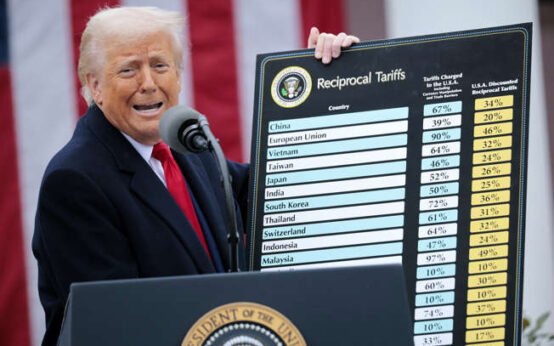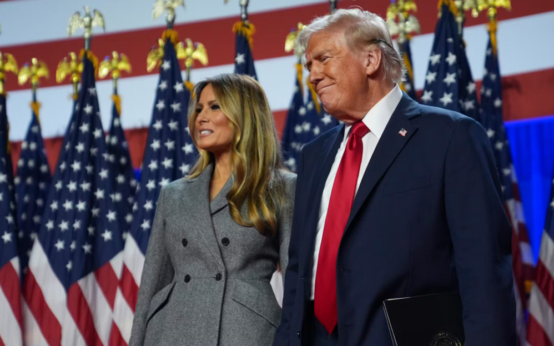Indonesia has opened its doors to a wide group of international partners as it hosts the latest edition of the annual Super Garuda Shield joint military exercise. Starting on August 25 and continuing through early September, the drills highlight cooperation between Indonesia, the United States, and several other countries. The training is not only about military strength but also about building trust, enhancing readiness, and promoting regional peace in the Indo-Pacific.
History and Growth of Super Garuda Shield Joint Military Exercise
Super Garuda Shield joint military exercise first started in 2007 as a bilateral event between Indonesia and the U.S. Over the years, it has grown into one of the largest and most important multilateral military drills in Southeast Asia.

The 2025 edition shows this growth clearly, with more than 6,500 personnel from over a dozen countries taking part. This expansion demonstrates Indonesia’s role as a respected partner in regional defense cooperation.
This year’s exercise includes troops from Indonesia, the United States, Australia, Japan, the United Kingdom, France, Canada, Germany, the Netherlands, New Zealand, Brazil, and South Korea. Observers from India, Papua New Guinea, and East Timor are also present.
By involving so many nations, the Indo-Pacific security drills in Indonesia have become a platform for unity, where partners can learn from each other and prepare for shared challenges.
Key Training Programs in Indonesia U.S. Joint Defense Exercise
The drills take place in Jakarta and Sumatra, ending with a live-fire demonstration on September 4. The program covers several areas of modern defense: staff coordination training, cyber defense strategies, engineering operations, medical readiness, and joint search-and-rescue missions. Through these sessions, soldiers not only sharpen their combat and technical skills but also practice communication and coordination both of which are critical in real-world emergencies.

During the opening ceremony, Indonesian Deputy Commander Gen. Tandyo Budi Revita underlined the importance of the exercises, calling them a reflection of unity and a guarantee of rapid, accurate responses to any crisis.
Similarly, Admiral Samuel Paparo, head of U.S. Indo-Pacific Command, noted that the Indonesia–U.S. military cooperation exercises help safeguard sovereignty and serve as a strong deterrent against potential threats. Both leaders stressed that the aim is to promote stability, not provoke conflict.
Indonesia Balances Defense Partnerships and Economic Diplomacy
While hosting one of the region’s most significant military collaborations, Indonesia continues to walk a careful path in foreign policy. On the one hand, it deepens military ties with Western allies through these drills. On the other, it maintains strong trade and economic relations with China. This balanced approach allows Indonesia to strengthen its defense without being seen as choosing sides, showing its ability to maintain neutrality while contributing to Indo-Pacific peace.
The timing of the Super Garuda Shield defense strategy exercise is significant. With rising tensions in the South China Sea and shifting global alliances, it is essential for nations in the Indo-Pacific to build frameworks of cooperation.
Broader Impact of Indonesia’s Role in Regional Peace and Security
By hosting and leading this large-scale exercise, Indonesia shows that it is more than just a participant—it is a central figure in shaping Indo-Pacific security cooperation. The nation’s role in the multilateral military drills in Southeast Asia strengthens its reputation as a bridge-builder, capable of balancing relationships while creating platforms for dialogue and trust.
The Super Garuda Shield 2025 joint military exercise is more than a defense event. It is a sign of growing international trust in Indonesia’s leadership and its ability to bring countries together for peace and stability.


 Gulf states lobby US against Iran military strike
Gulf states lobby US against Iran military strike  US to host officials from Denmark and Greenland as Trump renews takeover threats
US to host officials from Denmark and Greenland as Trump renews takeover threats  Canadians aren’t relenting: US travel boycott holds strong
Canadians aren’t relenting: US travel boycott holds strong  India Wary as US Backs Pakistan With F-16 Upgrades and Mineral Projects
India Wary as US Backs Pakistan With F-16 Upgrades and Mineral Projects  Growing discontent in the U.S. as many Americans turn against Trump’s presidency
Growing discontent in the U.S. as many Americans turn against Trump’s presidency  Chinese gaming mogul files lawsuit to reclaim US $42 M from ex explosive counters and shocking claims follow
Chinese gaming mogul files lawsuit to reclaim US $42 M from ex explosive counters and shocking claims follow